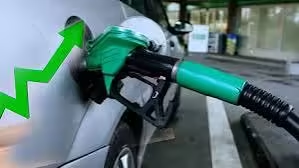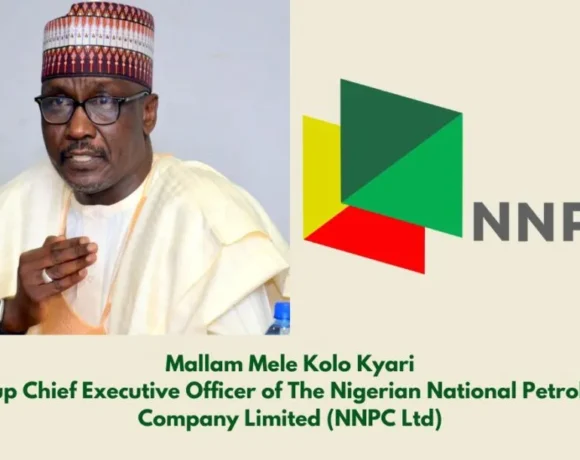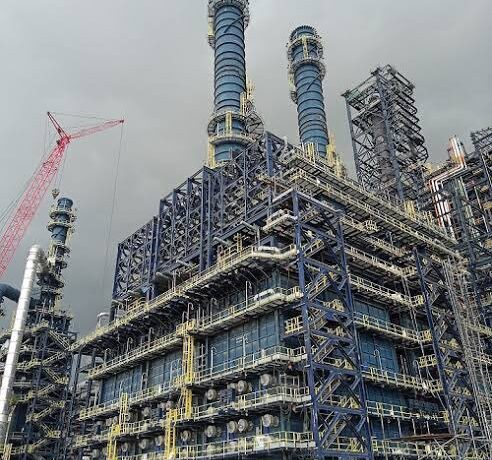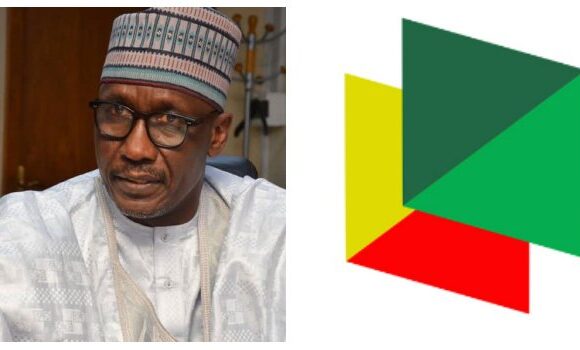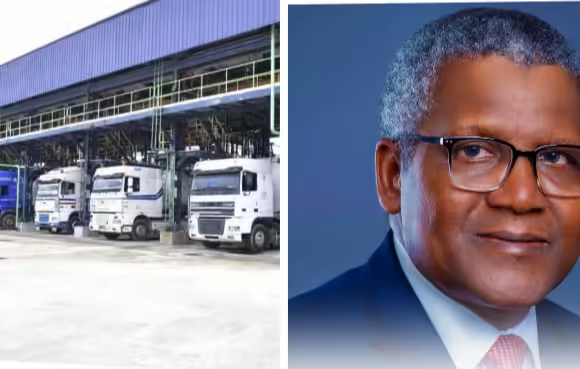
By Abiodun Alade If there’s one burning question on the minds of Nigerians these days, it’s this: why are we paying between N1,000 and N1,500 for a litre of Premium Motor Spirit (PMS)? Sadly, the very people who should be explaining this strange new reality have decided to stay tight-lipped with heads buried in the […]Continue Reading

